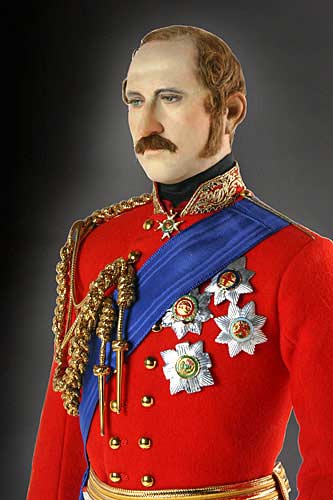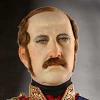Prince Albert
Albert was the only husband of a British queen to have formally held the title of Prince Consort. Soon after their marriage, Albert began managing the royal household and advising Victoria on political issues. Albert also directed the construction of the famous Crystal Palace for the Great Exhibition in 1851. He was thought to have undue influence in politics, and the prejudice against him never fully dissipated until after his death. Upon Queen Victoria's death in 1901, Albert’s House of Saxe-Coburg and Gotha succeeded the House of Hanover on the British throne.
Prince Albert was one of the best educated men in royal history. Trained as an engineer, he was widely read in history and geography. He had a sophisticated understanding of politics. In the early 1850s he opposed England’s disastrous involvement in the Crimean War, but said nothing openly.
When the American civil war began, many British politicians wanted England to back the Confederacy. Albert realized the terrible consequences and did what he could to avoid a conflict with the United States, insisting that Queen Victoria not voice her support for the South.



